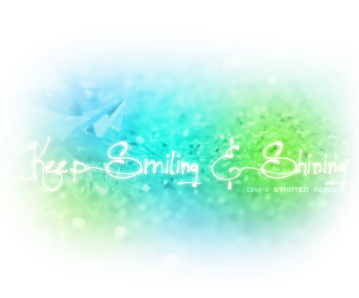Not that it makes much of a difference, but I have to read a lot of books this semester for school. Some of them pulls me right in like a vacuum, while others, unfortunately, I have not much of an interest in reading.
Anyway, my favourite out of all the books that I am studying right now would have to be George Orwell’s Nineteen Eighty-Four. This books is kind of like a continuation of his Animal Farm. It describes a totalitarian dystopia ruled by a figure by the name of Big Brother.
There are many things that can be said about this book, but the most important thing is this: Nineteen Eighty-Four is not supposed to be an instruction manual!
 What struck me the most is the manipulation of language. In the book the government makes each edition of the dictionary shorter and shorter in order to prevent its citizens from expressing themselves. I don’t see how this is any different from the world we live in today. According to Dictionary.com, “…scientists discovered that in the past 40 years more words have died than during any other period in their data (from 1800 – 2008). At the same time, fewer words are being successfully introduced into the language.”
What struck me the most is the manipulation of language. In the book the government makes each edition of the dictionary shorter and shorter in order to prevent its citizens from expressing themselves. I don’t see how this is any different from the world we live in today. According to Dictionary.com, “…scientists discovered that in the past 40 years more words have died than during any other period in their data (from 1800 – 2008). At the same time, fewer words are being successfully introduced into the language.”
And what kind of words are we introducing into the language? Words like LOL. Like what does words like LOL even mean? Type something on chat, press enter and the other end will respond with a LOL like an automatic machine. Or the word WOW. This is a word for when you don’t know what to say. Yet these are the words that are being used more and more.
So dear readers, let us never stop reading, because the day when we stop reading will be the day when we start to lose the ability to express ourselves. It will be the day when we will be manipulated and exploited without even being aware of it. The ability to use and understand language is so important. And no, merely knowing words like LOL and WOW does not count.















 But how can we tell if what we are really reading is true and not a product of his imagination? Nothing is true if you don’t get enough people to believe it’s true.
But how can we tell if what we are really reading is true and not a product of his imagination? Nothing is true if you don’t get enough people to believe it’s true.
